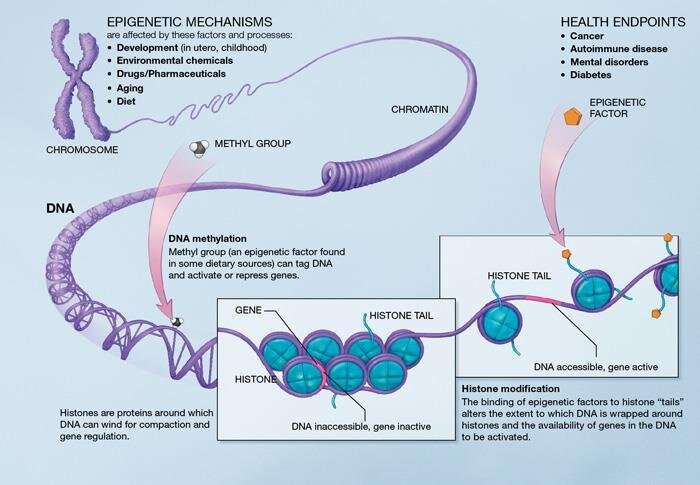Protective effect of breastfeeding on childhood obesity risk linked to leptin gene modification

Breastfed children have a lower risk of obesity, which may be linked to reduced expression of the hormone, leptin; according to research presented today at the 58th Annual European Society for Paediatric Endocrinology Meeting. The study reported that genetic modifications known to suppress leptin levels were more common in breastfed babies than formula-fed, and that these differences may play a role in the development of obesity. Understanding the link between genetic modification of leptin and obesity risk could advance strategies to prevent and treat childhood obesity and, its complications, in the future; as prevention is better than cure.
Childhood obesity has become a worldwide epidemic that can lead to the development of serious and debilitating conditions in later life, including heart disease and type 2 diabetes. Around 40-70% of obesity cases are thought to have a genetic component but none of the identified obesity-associated genes fully explain its heritability. Epigenetics is a process that affects how our inherited genes are expressed and is a growing area of medical interest, since it can be shaped by experience and environment throughout life. Leptin is a hormone involved in regulating energy balance and higher levels are associated with obesity. Previous research has indicated that breastfed children have a lower risk of obesity but how this may be related to epigenetic regulation of leptin has not been investigated.
In this study, Dr. Omneya Magdy Omar and colleagues at Alexandria University Hospital Children's Hospital, Egypt, tested for epigenetic modifications to the leptin gene in 50, 6-month old babies, 25 of which were breastfed. Epigenetic modifications that decrease leptin levels were significantly more common in formula-fed babies, and one of these modifications was also associated with higher body weight in the non-breastfed infants.
Dr. Omar states, "As we know that these genetic modifications in formula-fed babies reduce leptin levels, which is associated with obesity, these findings suggest that epigenetic mechanisms may play a role in the development of obesity."
Although Dr. Omar, cautions, "Further studies are needed to confirm these findings, we had only 50 study participants that were limited to the local area. Also, we did not measure leptin levels or follow what happens as the babies grow."
The team plan to conduct larger, multicentre studies assessing the long-term role of genetic and environmental factors on epigenetic regulation of leptin, to put these data into context and explore possible therapeutic interventions that could be developed to prevent and treat childhood obesity.
Dr. Omar comments, "Although preliminary, we have shown a possible link between breastfeeding and reduced risk of obesity, and added to the growing body of evidence that breastfeeding is recommended whenever possible."




















